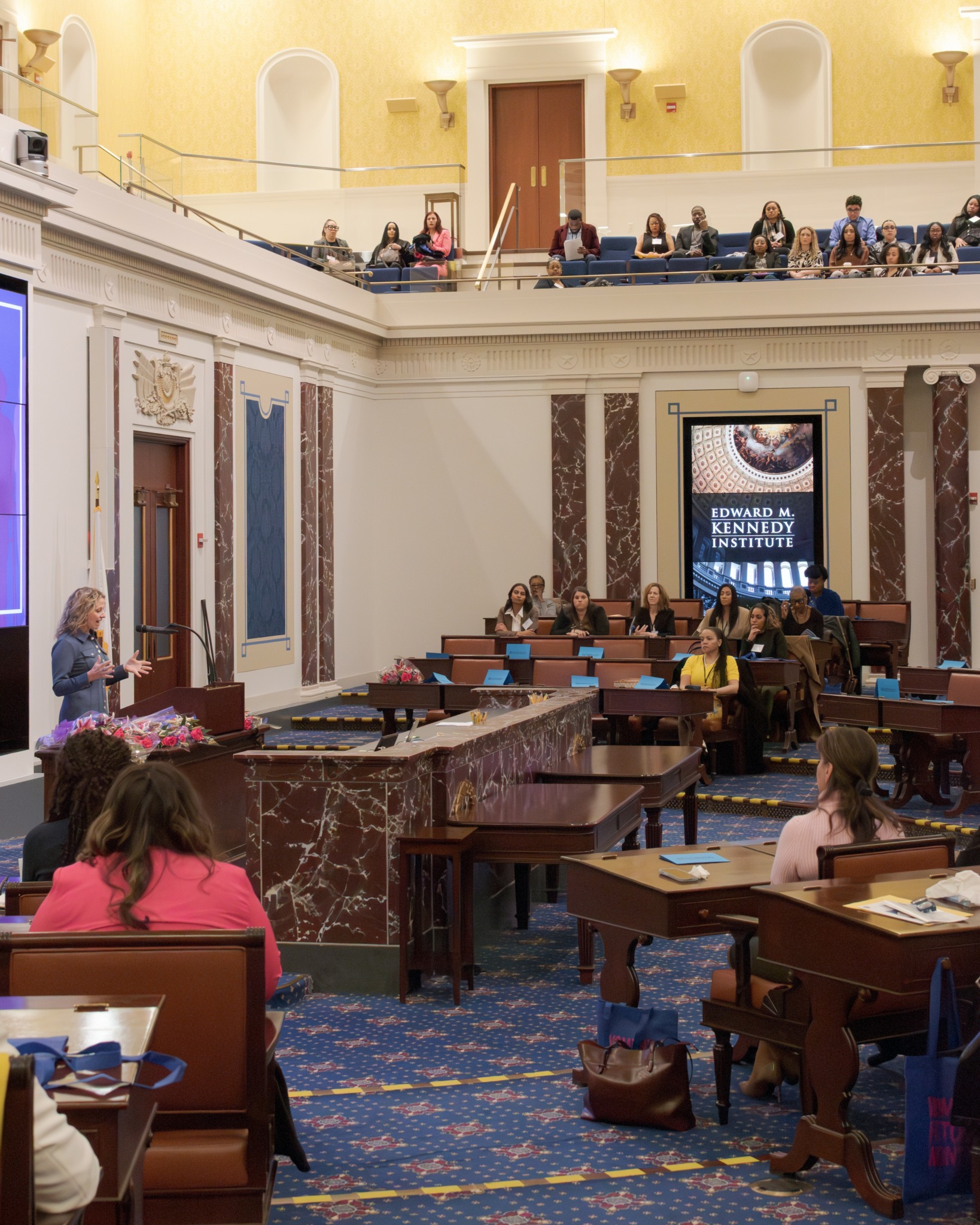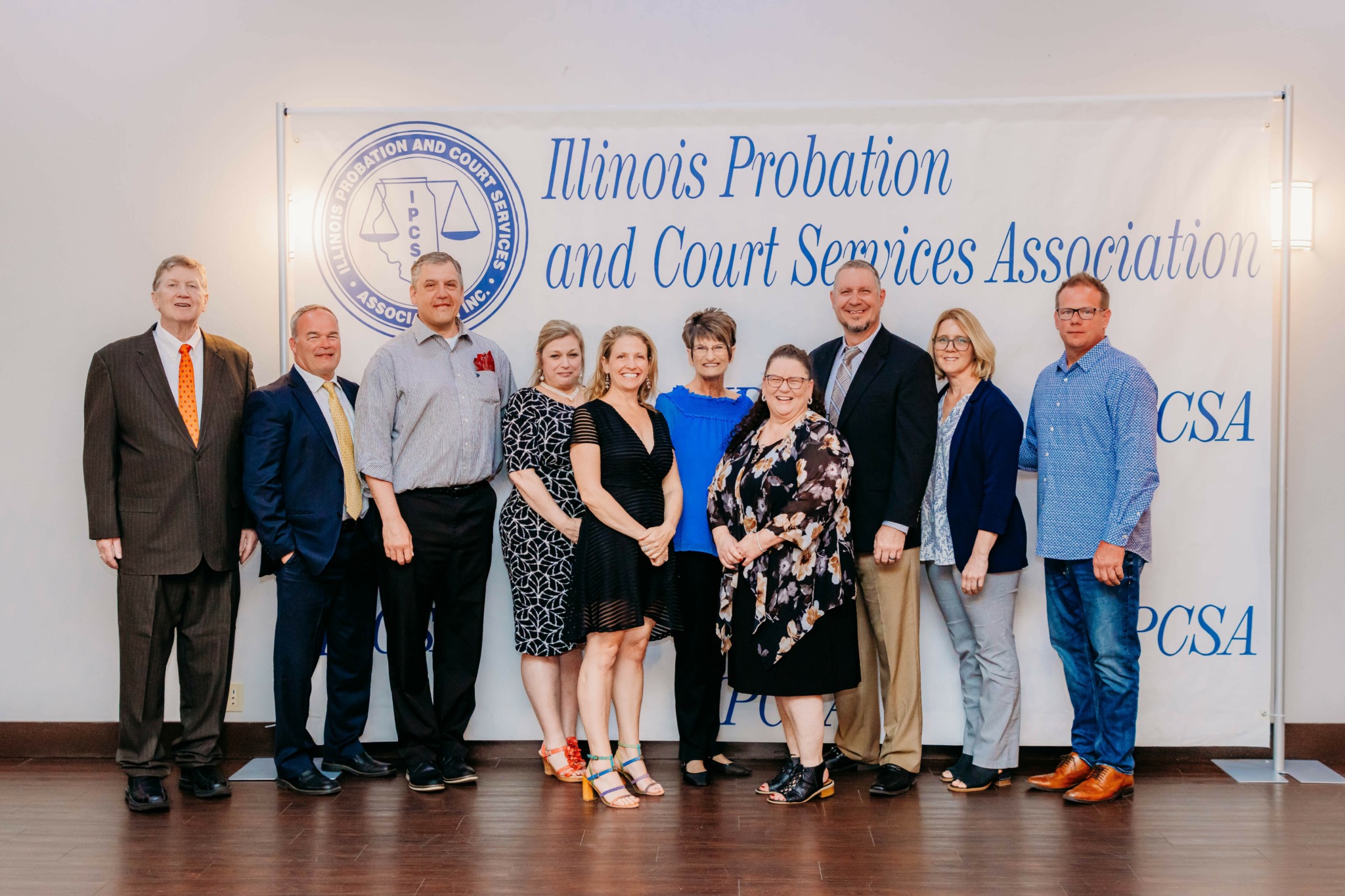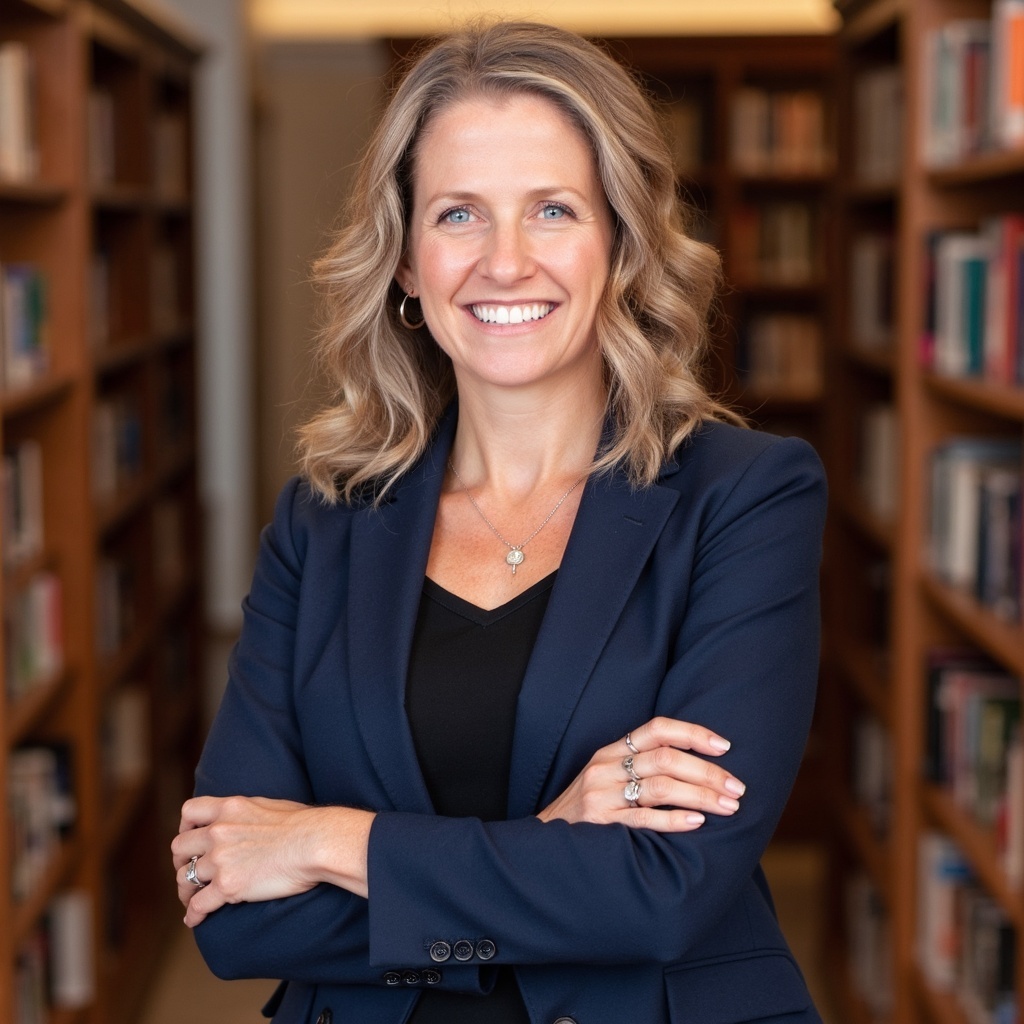We’re excited to introduce you to the always interesting and insightful Alexandra Walker. We hope you’ll enjoy our conversation with Alexandra below.
Alexandra, thanks for joining us, excited to have you contributing your stories and insights. Let’s start with the story of your mission. What should we know?
The Story That Shook Me—and What I Did With It
In 2007, I met a man named Jerry. He was the only name on my roster that day when I walked into the classroom of a community-return-to-custody facility (CRCF) in Denver. These facilities were meant to offer people on parole a final chance to stabilize their lives before being sent back to prison—180 days of structure, support, and programming.
Jerry showed up to class with a sly grin, a missing tooth, and zero interest in learning how to balance a checkbook. But something shifted over the next few weeks. He softened. He shared stories of his past—being shot twice, leaving school in the sixth grade, gang life. And he listened, too. By the end of our 30 days together, Jerry had completed a resume, passed a reading test, landed a construction job, and was prepping for his GED.
Most importantly, Jerry didn’t want to go home.
Home, three hours away, meant returning to a gang-infested community that had claimed nearly everyone he cared about. He wanted to stay in Denver, finish school, and build a new life. His parole officer said no. The law, they said, required him to return.
We built a case—letters of recommendation, proof of savings, job verification, GED progress. He tried again. The answer was still no.
I was told I was being manipulated. That it was all a ruse.
Then Jerry stopped smiling. He shut down. And one day, he was gone.
Fourteen days later, I typed his name into the system.
Deceased. Gunshot wound. Gang altercation.
I was crushed. I felt fury, despair, guilt, and—perhaps worst of all—resignation. What was the point? We talk about “second chances,” about “rehabilitation,” but the system seemed built to sabotage the very people it was designed to serve.
That was a Jerry story—the kind of experience that rocks you so deeply you begin to question everything: your role, your impact, your hope. And if you’ve ever worked in human services—whether in education, justice, healthcare, child welfare, or community outreach—you’ve probably had your own Jerry story. A moment that broke your heart and cracked your spirit.
Too many of us live in that cracked space far too long.
That’s why I teach resilient optimism—not as a fluffy motivational slogan, but as a practice. One that helps people in human-serving fields reconnect with their passion, realign with their purpose, and protect themselves from burnout, cynicism, and despair.
Because here’s the truth: your mindset is not a trait. It’s a state. And unless you design it with intention, it will default to survival mode—scanning for threats, clinging to what’s broken, and slowly draining your sense of meaning.
Resilient optimism is the opposite. It is the practice of showing up—again and again—with more clarity, courage, and hopefulness than you had before. It doesn’t ignore setbacks. It transforms them.
When I lost Jerry, I almost quit. I almost went to the press. I did neither.
Instead, with time and mentorship, I got clearer about my why. I realized that while I couldn’t change the law back then, I could pour into the people who walked through my classroom door. And eventually, I worked my way to the policy table—where I found out that the so-called “law” wasn’t even real. It was a myth perpetuated by bureaucracy. I call it Jerry’s Law. And I’ve spent years working to dismantle it.
Jerry didn’t die because he failed. He died because our systems failed him.
But his story lives in me. It fuels every workshop I teach, every leader I coach, every organization I help redesign.
Because systems don’t change until people do.
So I ask you: What’s your Jerry story? What shook you? What made you start to lose your passion, your hope, your belief that what you do matters?
And more importantly: How will you get it back?
The first step in resilient optimism is knowing that things will go wrong. Not from a doom-and-gloom perspective, but from a place of preparation. You can’t let your calling be vulnerable to every crisis. You must know when you’re at risk of getting stuck—and learn how to get yourself unstuck.
Because if you’re stuck, you can’t lead. You can’t connect. You can’t serve.
But when you learn to see possibility through pain—to rise with purpose after disappointment—you don’t just survive in human-serving work.
You change it.

Awesome – so before we get into the rest of our questions, can you briefly introduce yourself to our readers.
Dr. Alexandra Walker is a sought-after speaker and an advocate for meaningful change in human-serving sectors. For over two decades, Dr. Alex has worked with criminal justice organizations to lead reform and leadership transformation.
Now, she’s bringing her message to other human-serving fields that experience high stress and burnout. Known for her powerful storytelling and actionable insights, Alex bridges the gap between vision and reality, helping changemakers thrive in complex systems.
Dr. Alex is especially passionate about working with women leaders—those who navigate difficult roles, carry the emotional labor of care, and still push to create meaningful change. With a focus on resilient optimism and research- backed strategies, she helps her audience reignite passion, drive sustainable impact, and start shaping what comes next.
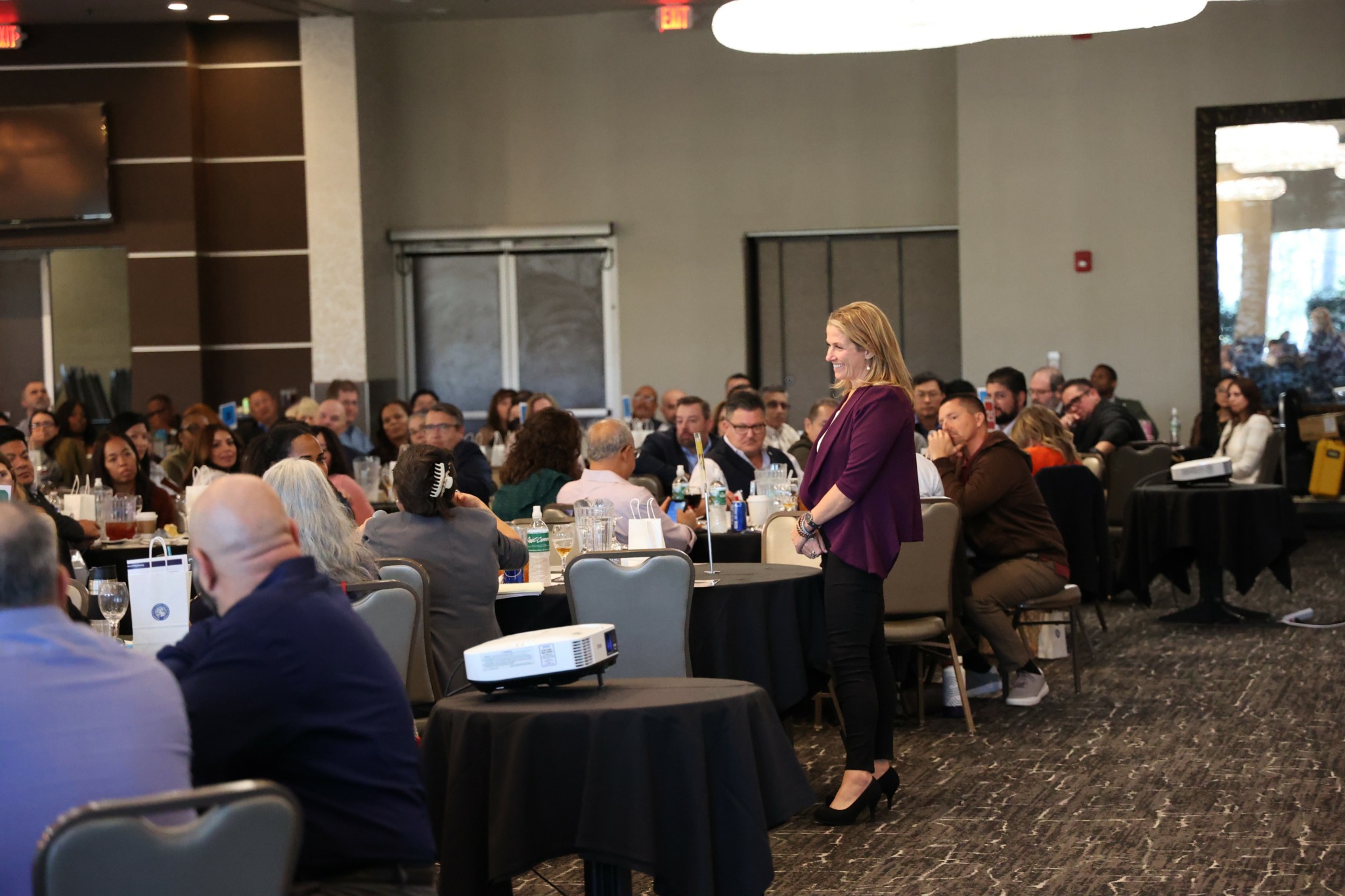
What’s a lesson you had to unlearn and what’s the backstory?
Something I’ve had to unlearn is the belief that it’s someone else’s responsibility to make my work, home, or personal environment better. For a long time, I looked outside myself for solutions. If things were hard or frustrating, I assumed it was up to someone else—someone in charge, someone louder, someone with more authority—to fix it. I placed that responsibility on leaders, systems, and even people in my personal life. And when they didn’t—or couldn’t—I blamed them. I grew cynical. Resentful. Stuck.
The turning point came after a series of difficult experiences, especially in my work in the human-serving space. I was working closely with people facing immense barriers, like Jerry, a man whose potential was derailed not by lack of effort or support, but by rigid systems and avoidable decisions. His story—and others like his—shook me deeply. I kept waiting for someone else to fix the system. Someone else to lead the change. But no one did. And it hit me: waiting was costing people their lives.
So I unlearned the habit of waiting and blaming, and replaced it with a practice—a mindset I now call resilient optimism. I realized that change starts with me. Every day, I now actively engage in the five core practices of resilient optimism, not because it’s easy or convenient, but because it’s necessary. That shift—from passive hope to practiced optimism—has changed everything. It’s made me a better leader, a more grounded parent and partner, and a person who shapes my environment instead of reacting to it.
The world isn’t going to get better on its own. And neither is our day-to-day experience. We have to choose better—and that starts from within.
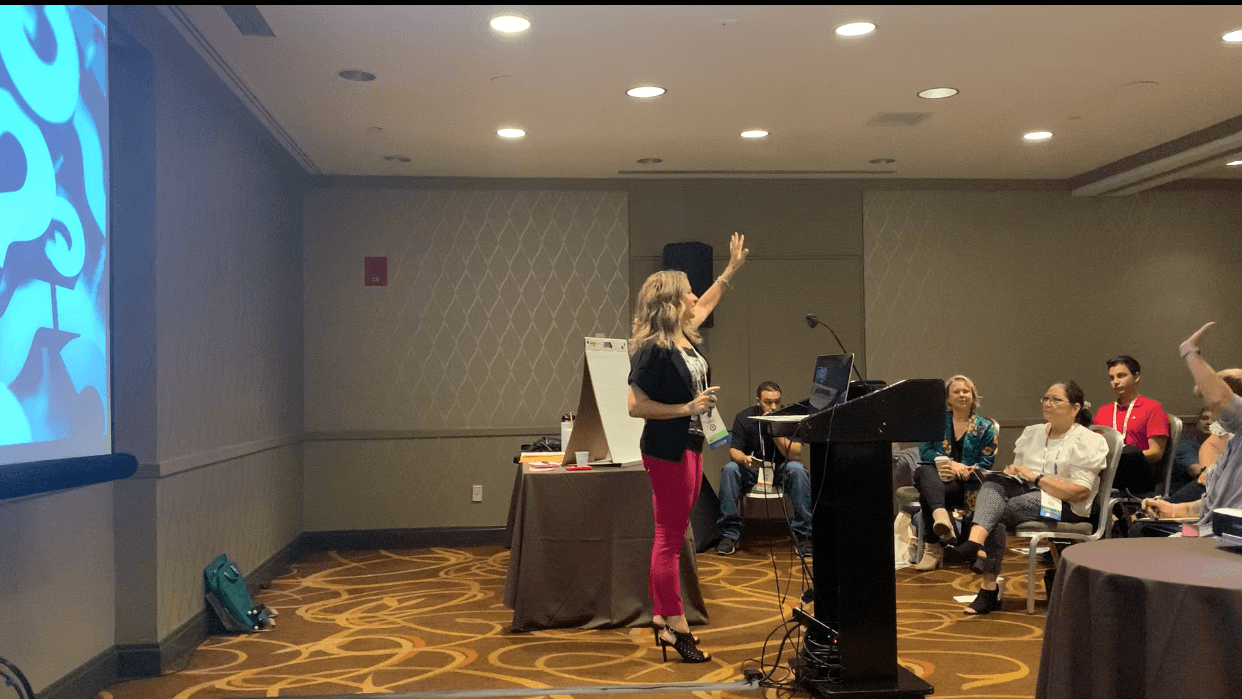
How’d you build such a strong reputation within your market?
I believe my reputation has been built on a foundation of experience, connection, and consistent contribution. I’ve spent over 25 years in the criminal justice field, always approaching the work with a multidisciplinary mindset. That lens has helped me grow, stretch, and integrate learning from across systems—and it’s taught me that no single perspective has all the answers.
Beyond the knowledge base, though, I’m a connector at heart. I genuinely care about people. I value empathy, abundance, and collaboration—whether I’m sharing research, time, strategies, or simply showing up with compassion. I don’t believe in hoarding insight or protecting turf. I believe we’re better together, and I try to live that—both professionally and personally.
In terms of what we actually do, I’m proud of the quality my business partners and I bring to the table. We’ve built, tested, and refined every tool and strategy we offer. We’re not chasing quick fixes—we’re committed to helping people and organizations build sustainable change, step by step. I think that mix—experience, heart, and a relentless focus on real results—is what’s shaped my reputation over time.
Contact Info:
- Website: https://www.dralexandrawalker.com
- Instagram: DrAlexSpeaks
- Facebook: n/a (just personal)
- Linkedin: https://www.linkedin.com/in/dr-alexandra-walker/
- Other: https://www.acji.org
